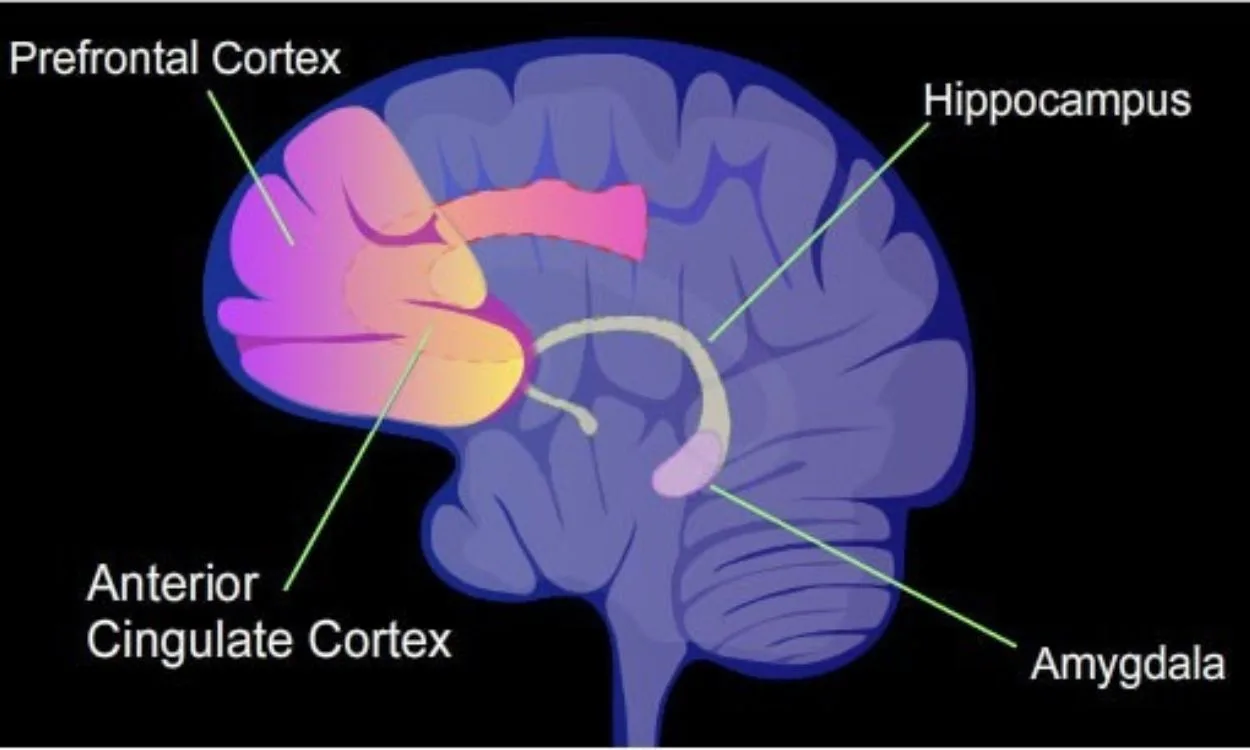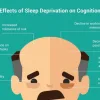How Does Sleep Impact Memory Consolidation?
Sleep plays a crucial role in various aspects of our health, including memory consolidation. It is during sleep that our brain processes and consolidates information, enhancing our ability to remember and retain new knowledge. In this article, we will explore the relationship between sleep and memory consolidation, and understand the importance of a good night’s sleep for optimal cognitive function.
The Stages of Sleep
Before we delve into the impact of sleep on memory, it is essential to understand the different stages of sleep. Sleep is divided into two main categories: REM (Rapid Eye Movement) sleep and non-REM sleep. Non-REM sleep is further divided into three stages:
- Stage 1: This is the lightest stage of sleep, where we transition from wakefulness to sleep. Our brain produces alpha and theta waves, and our muscles start to relax.
- Stage 2: In this stage, our brain waves slow down, and our body temperature drops. Sleep spindles and K-complexes, which are important for memory consolidation, begin to occur.
- Stage 3: This is the deepest stage of sleep, also known as slow-wave sleep. Our brain produces slow and high-amplitude delta waves, and our muscles relax further. It is during this stage that our body repairs and regenerates tissues.
REM sleep, on the other hand, is characterized by rapid eye movement, vivid dreaming, and heightened brain activity similar to wakefulness.
Sleep and Memory Consolidation
Memory consolidation refers to the process by which our brain strengthens and stabilizes newly acquired information. It involves the transfer of memories from short-term storage in the hippocampus to long-term storage in the neocortex.
Declarative Memory
Declarative memory is the type of memory responsible for consciously recalling facts and events. It consists of two subcategories: episodic and semantic memory.
- Episodic Memory: Episodic memory involves the recollection of specific events and experiences. Studies have shown that sleep, particularly REM sleep, enhances the consolidation of episodic memories. During REM sleep, the brain processes emotional experiences and organizes them into memory networks, leading to better retention of episodic memories.
- Semantic Memory: Semantic memory refers to our knowledge of facts and concepts. Research has shown that slow-wave sleep (Stage 3) is crucial for the consolidation of semantic memory. During this stage, the hippocampus communicates with the neocortex, allowing for the integration of new information into the existing knowledge network.
Procedural Memory
Procedural memory involves the learning of motor skills and habits. This type of memory is enhanced during non-REM sleep, particularly in Stage 2. Sleep spindles and K-complexes that occur during this stage play a vital role in consolidating procedural memories. These sleep-specific brainwaves facilitate the transfer of information from the hippocampus to the neocortex, leading to improved skill retention.
Emotional Memory
Sleep also plays a crucial role in the consolidation of emotional memories. During REM sleep, our brain processes emotional experiences and strengthens the neural connections associated with these memories. This process helps regulate our emotional responses and promotes emotional resilience.
The Impact of Sleep Deprivation on Memory
In contrast to the beneficial effects of sleep on memory consolidation, sleep deprivation can have detrimental effects on our cognitive function. Lack of sleep impairs attention, concentration, and memory retrieval. It hinders the brain’s ability to consolidate information, inhibiting the formation of new memories and making it harder to recall existing ones.
Chronic sleep deprivation has been associated with an increased risk of cognitive decline, memory disorders, and neurodegenerative diseases such as Alzheimer’s. Therefore, prioritizing good sleep hygiene and ensuring an adequate amount of sleep is essential for optimal memory function.
Introducing Fitpaa: Your Path to Optimal Sleep and Cognitive Function
Now that we understand the importance of sleep for memory consolidation, it’s time to take action and prioritize our sleep health. Fitpaa, India’s leading health and fitness app, is here to support you on your journey to better sleep and cognitive function.
With Fitpaa’s personalized sleep tracking technology, you can monitor your sleep patterns, identify areas for improvement, and set goals to enhance the quality and duration of your sleep. The app provides valuable insights and recommendations based on the latest research in sleep science, helping you optimize your sleep hygiene.
Additionally, Fitpaa offers a range of guided sleep meditations and relaxation techniques to help you unwind and prepare your mind and body for a restful night’s sleep. These guided sessions incorporate mindfulness and deep breathing exercises, promoting a calm and peaceful state conducive to optimal sleep.
Fitpaa’s holistic approach to health and wellness extends beyond sleep. The app provides a comprehensive suite of tools and resources to support your overall well-being, including customized fitness plans, nutritious meal recommendations, and expert guidance from certified nutritionists, fitness coaches, and doctors.
Don’t let poor sleep quality impact your memory and cognitive function. Join the Fitpaa community today and experience the transformative power of optimal sleep and holistic wellness.
Download the Fitpaa app now and unlock a world of health, fitness, and well-being. Your journey towards a healthy and fulfilling life starts here.









